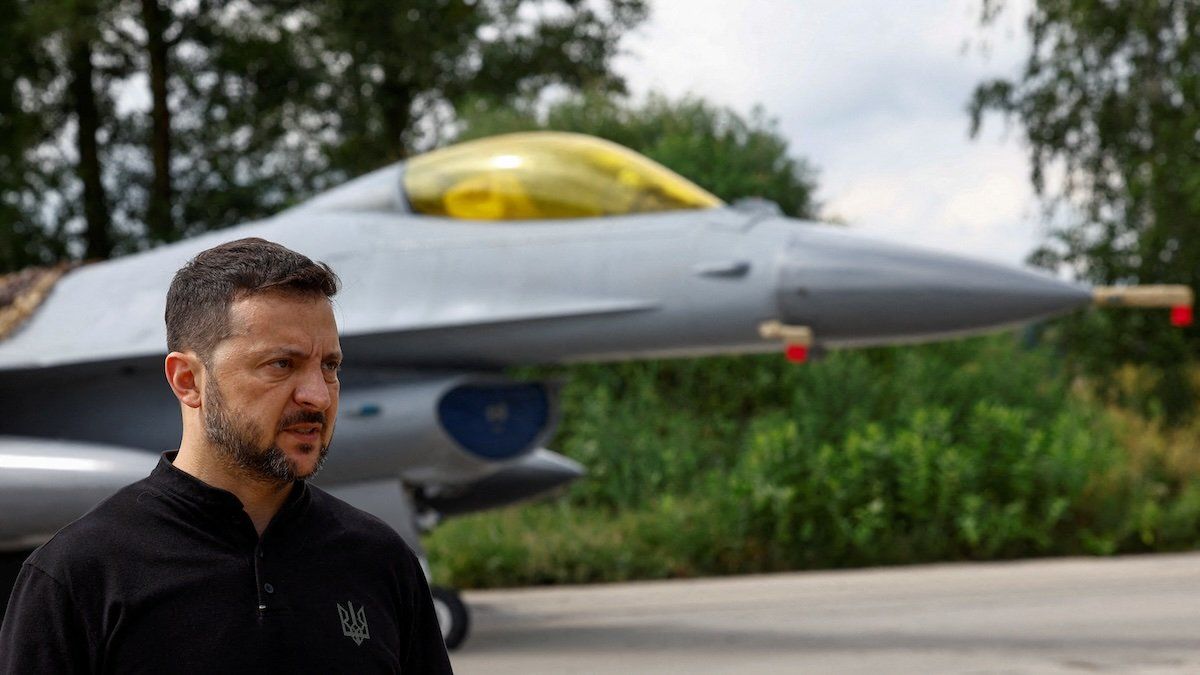Last month, a poll conducted by the Zerkalo Tizhnya news outlet raised eyebrows with an estimate that 44% of Ukrainians are nowready for peace talks. That’s quite a jump from the 23% from a similar poll in May 2023. The most recent poll came before Ukraine’s surprise push into Russian territory over the past week.
Russia’s Vladimir Putin speculated Monday that Ukraine’s incursionis designed to force peace talks. What are the odds of Putin and Ukraine’s Volodymyr Zelensky sitting at a table together for negotiations to end the war?
Very, very low. On the one hand, no one believes Ukrainian forces are about to encircle the Kremlin. They’vedone strikingly well to push as far as they have – about 12 km (7.4 miles) into Russian territory, according to Alexei Smirnov, governor of Russia’s Kursk province. The Ukrainians have certainly disrupted the border region. Some121,000 Russians have had to leave their homes and another 59,000 should do the same, Smirnov said on Monday.
But it will take much more than that to persuade Putin that he can’t win more Ukrainian land, particularly if Donald Trump wins the US election and pressures Zelensky to make concessions. For his part, Zelensky is unlikely to come to the bargaining table unless he believes Putin is ready to compromise or that Ukraine is on the brink of collapse. Neither of those developments is on the horizon, and Ukraine’s surprisingly successful cross-border attack doesn’t change that.
